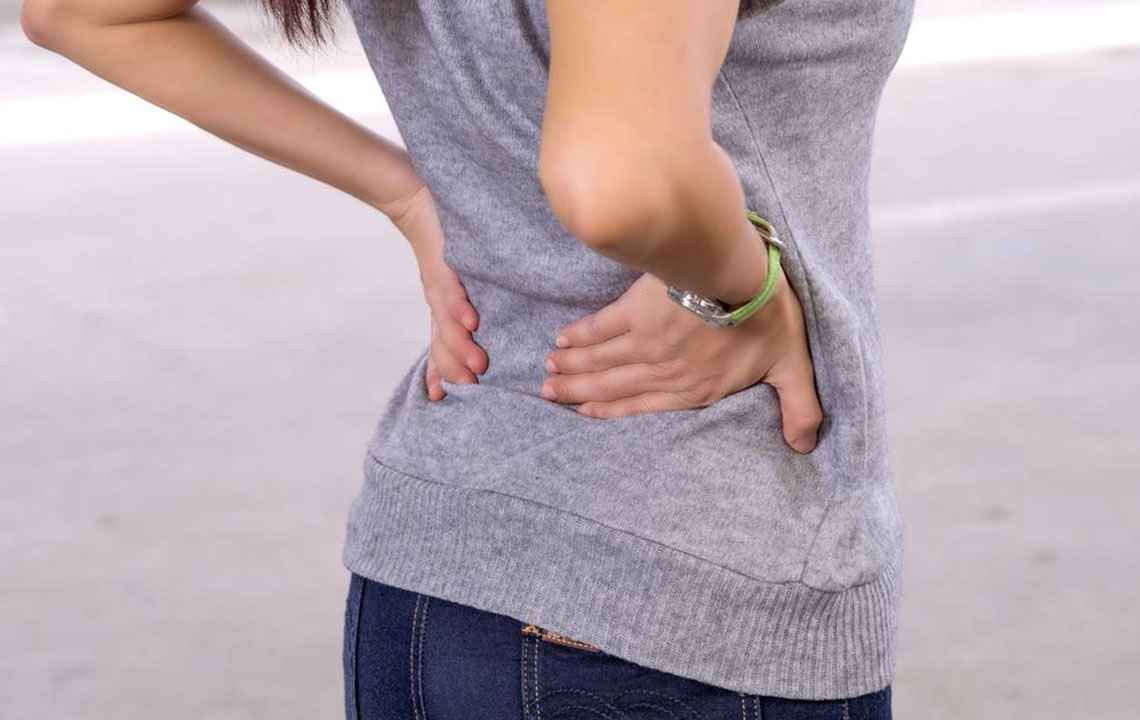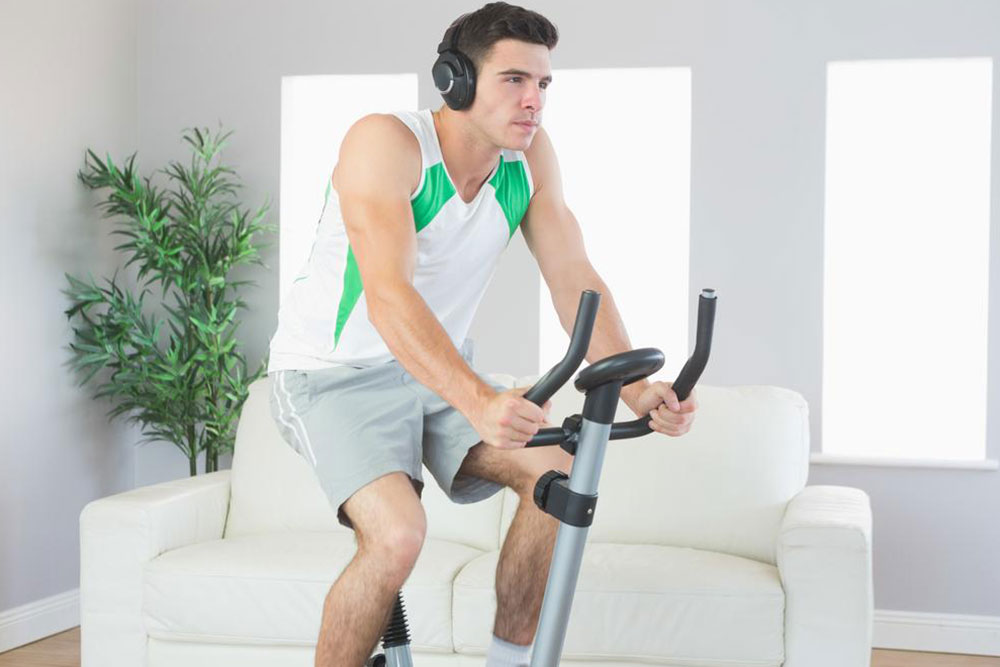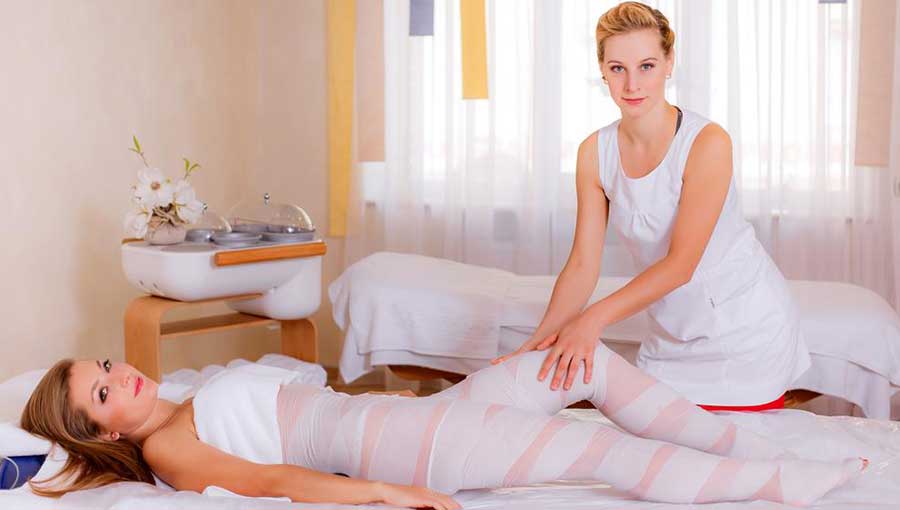Proven Methods to Alleviate Muscle Cramping
Learn effective techniques to prevent and relieve muscle cramps, including proper stretching, hydration, and electrolyte balance. This guide offers practical advice for athletes and active individuals to maintain muscle health and avoid painful spasms through simple health practices and posture correction.

Proven Methods to Alleviate Muscle Cramping
Muscle cramps bring abrupt, painful discomfort that can last from a few minutes to several days, sometimes lingering even after relaxation. These spasms often stem from injuries affecting muscles, tendons, or ligaments.
Typical Causes
Engaging in strenuous sports like weightlifting, football, or golf can initiate cramps. Athletes require specialized care to sustain their performance levels. Individuals with weak core muscles are more prone because their muscles struggle to absorb shocks. Stronger muscles provide better resistance against injuries.
Other contributing factors include spinal disorders such as herniated disks or arthritis, which put pressure on nerves and lead to limb pain.
Types of Muscle Cramps
Different types of cramps demand tailored treatments. Skeletal muscle spasms are common, often caused by exhaustion, dehydration, or electrolyte shortages, and typically resolve quickly through simple remedies. These cramps tend to be less intense than other types.
Smooth muscle cramps, affecting organs like intestines, can cause pain associated with menstrual period discomfort, kidney stones, or gallbladder problems, often recurring and requiring ongoing treatment. Dystonias involve irregular nerve signals, leading to conditions like torticollis or blepharospasm, which can be managed with medications or Botox injections.
Effective Strategies to Manage Muscle Cramps
Balance Electrolytes - Eating foods high in potassium and magnesium helps prevent dehydration-related cramps. Replenishing electrolytes after exercise and consuming fresh fruits and vegetables support normal muscle activity. Foods rich in Vitamin B, such as meats, fish, and eggs, promote nerve and muscle health. Low potassium, linked to hypokalemia, can cause cramps, high blood pressure, and fatigue, so maintaining proper potassium levels is crucial.
Stretching and Massaging - Participating in warm-up routines and regular stretching prevents injuries. Daily stretching sessions of 10-15 minutes targeting key muscle groups boosts flexibility and reduces cramps. Gentle massage relieves tension and enhances blood flow. Light activities like walking also help.
Stay Well Hydrated - Dehydration is a primary cause of muscle cramps. Drinking sufficient water based on body needs prevents cramps and replenishes fluids lost during activity.
Use Heat or Cold Therapy - Applying heat relaxes muscles; warm showers or heating pads are effective. Cold packs help reduce inflammation. Applying ice wrapped in cloth for 20 minutes, then resting for about 1.5 hours, multiple times daily, provides relief.
Maintain Proper Posture - Correct posture during daily tasks reduces the risk of cramps. Avoid slouching or bending excessively during work or exercise. Good posture supports spinal health and helps prevent back and shoulder cramps.


